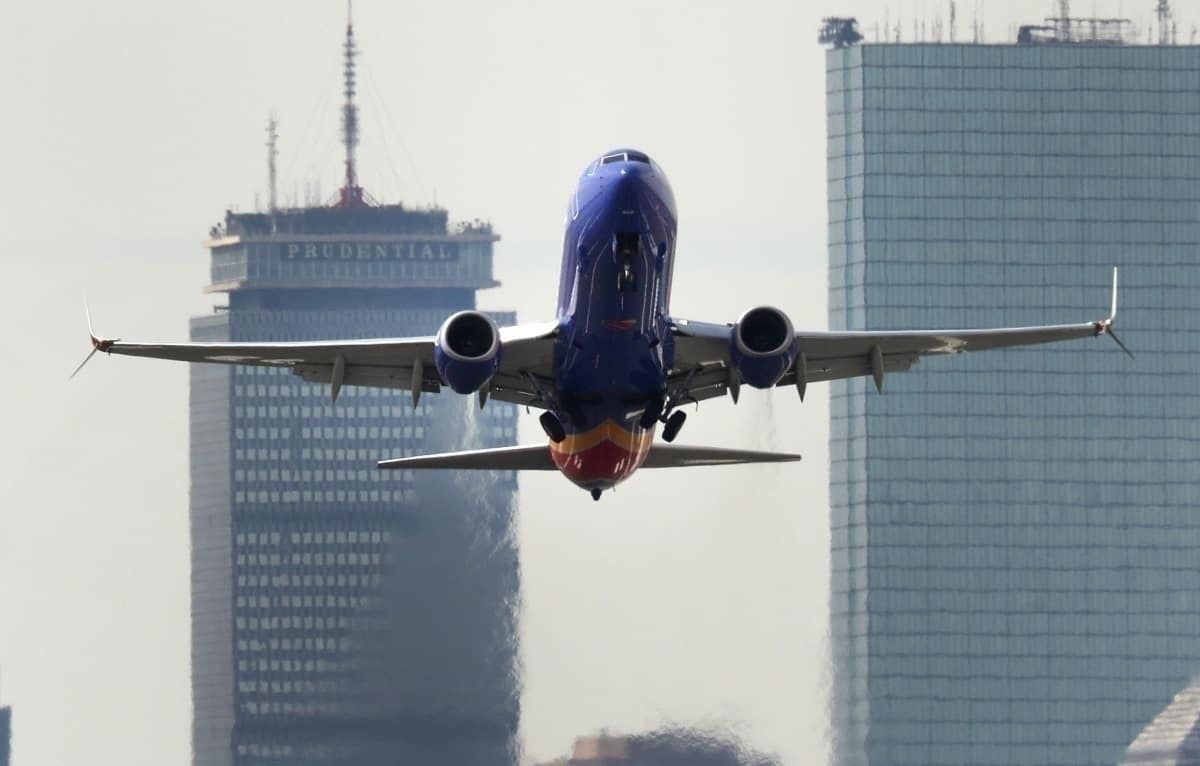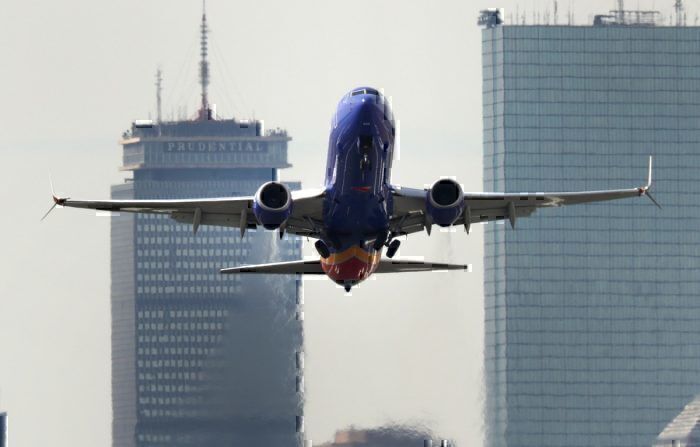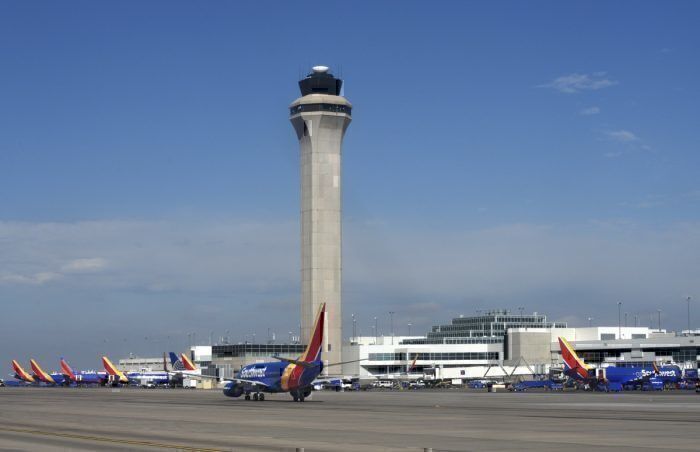Last week American carrier Southwest Airlines logged 56 flights that took off without any passengers. According to the Dallas Business Journal, the information was revealed in an internal memo sent to employees. The aviation industry has been hard hit by the COVID-19 pandemic. While the US domestic air market has technically still been able to operate, non-essential travel is at an absolute minimum.
"We expect our flying to be reduced by roughly 50 percent over the next couple of months — and we will likely need to do more." - Chief Operating Officer Mike Van de Ven
Why the empty flights?
Van de Ven wrote the above message to employees Wednesday. The airline's Chief Operating Officer also listed three reasons why flights were operating with so few passengers. They are as follows:
- Air travel is deemed critical infrastructure to move around key personnel and cargo
- Government aid offered to airlines implies the continuation of service
- The logistical challenges of restarting an airline
Indeed, the third point is something that Ryanair cited as the reason it has been flying its aircraft in circles. A Ryanair spokesperson said that “In order to ensure our aircraft are serviceable for both passenger repatriation flights and essential flights for the transportation of urgent medical supplies, some of our crew and aircraft must remain available and serviceable in line with Boeing requirements and EASA regulations.”
Another plausible reason for zero passengers is the need to reposition the aircraft for a flight that actually does have passengers. We can use a hypothetical situation where an aircraft is scheduled to fly from Points A to B, B to C, and then C to A. It's possible that the aircraft had passengers flying from A to B, as well as from C to A. However, that middle leg from point B to C had zero passengers booked.
Or, in a slight twist to our hypothetical situation, perhaps the final leg had passengers onboard, but the aircraft and its crew are based at the final destination. That would also justify flying an empty aircraft.
Retaining slots?
Could it also be possible that the airline would be operating empty flights to retain slot privileges? We saw this in February and March, particularly in Europe. Under normal circumstances, airlines would need to use their slots 80% of the time or risk losing them to competing carriers.
The Federal Aviation Administration (FAA) makes special note of slot allocations amidst the pandemic on its website:
"The FAA is waiving the minimum slot usage requirements for all carriers canceling scheduled flights at JFK, LGA, and DCA as a direct result of the Coronavirus. These waivers are effective for Coronavirus-related flight cancelations through May 31, 2020."
While there is a waiver, it appears to only apply to certain airports. Therefore, it's possible the airline is aiming to retain its slots. However, as other carriers have also significantly reduced their operations, it seems unlikely that anyone is concerned about slots at this time.
Evaporating demand
The demand for air travel has largely evaporated over the last month. The Dallas Business Journal reports that Transportation Security Administration screened 124,021 passengers at airport checkpoints Thursday. This represents a 95% drop year-over-year. Airlines across the country are often experiencing load factors between 10-20%.
While it's even more apparent with international travel and government restrictions, there are numerous factors that explain falling domestic numbers.
Firstly, shelter-in-place and stay-at-home orders mean that the general public must remain in their homes to prevent the spread of the virus. This is an attempt to "flatten the curve" and ensure that the rate of infection remains low enough for health care systems to handle the demand.
Secondly, millions of Americans have lost their jobs due to the virus. Restaurants, movie theatres, concert halls - anything related to public entertainment - is largely shut down. With millions suddenly out of work, there is no longer any money available for cross-country air travel.
Conclusion
Southwest CEO and Chairman Gary Kelly said last week that his company plans on applying for grants included for airlines in the CARES (Coronavirus Aid, Relief, and Economic Security) Act recently passed by the U.S. government.
The US$25 billion in grants for commercial carriers are allocated specifically for keeping employees on payroll. An airline that accepts a grant through this program must agree not furlough or lay off any employee until September 30th this year.
Simple Flying reached out to Southwest Airlines in an attempt to confirm the report and gain additional information. However, Southwest declined to confirm information that has been released internally.



